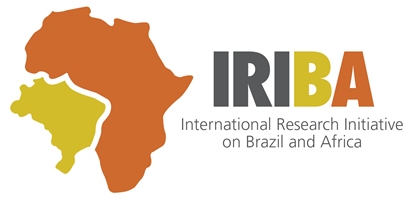A new IRIBA working paper by Professor Edmund Amann examines Brazil’s ongoing economic and political crisis and addresses two key questions:
First, to what extent was the crisis a result of inherent flaws in the development model that had underpinned previous successes? Second, can the crisis be finally overcome, even in the absence of fundamental reforms?
Regarding the first, the paper argues that Brazil’s development model, whatever its virtues, left unaddressed serious structural impediments to sustained inclusive growth. Once the global economic environment deteriorated and the domestic political environment fractured, these flaws brutally revealed themselves.
Thanks to buoyant global demand and improved economic management, the Brazilian economy is now in the midst of a modest recovery. Yet it would be hard to pretend that this will prove sustainable in the absence of critical reforms in such areas as export diversification, human capital formation and public sector pensions.
Without such reforms Brazil will not be able to embark on a path of sustainable, inclusive growth.
